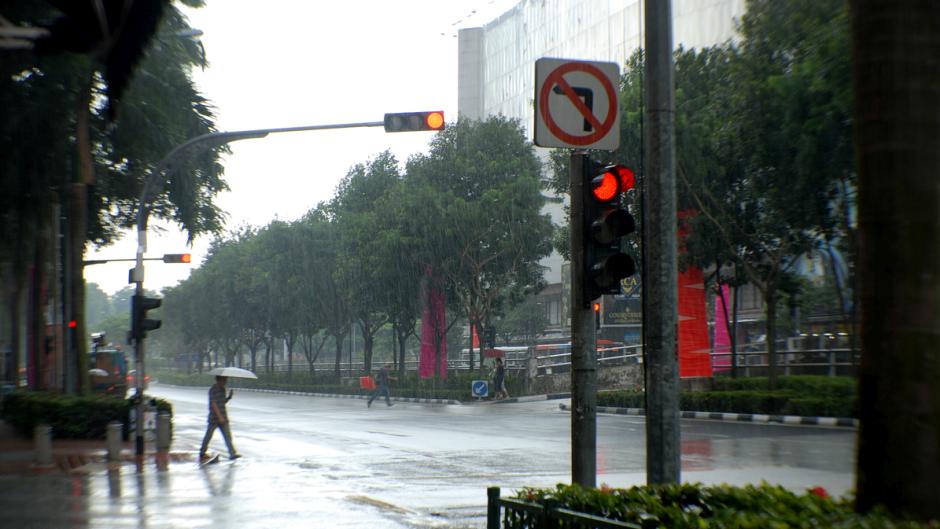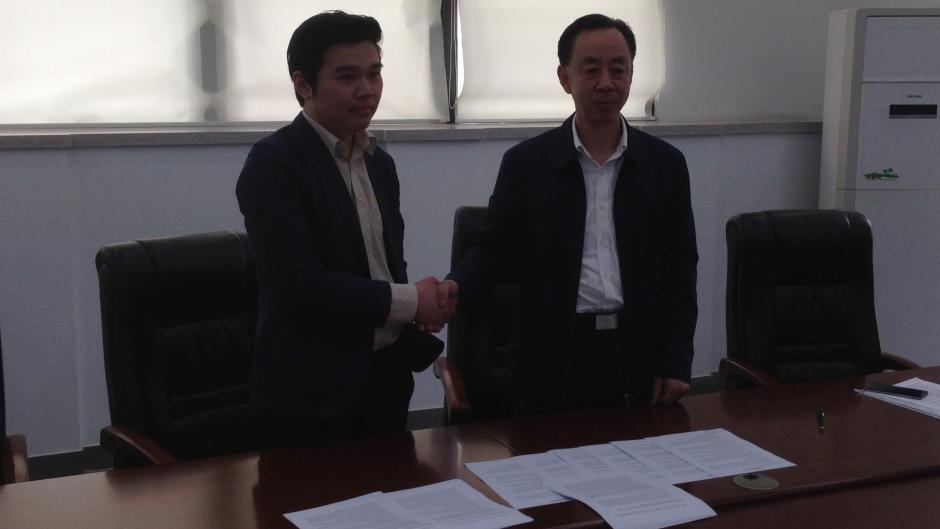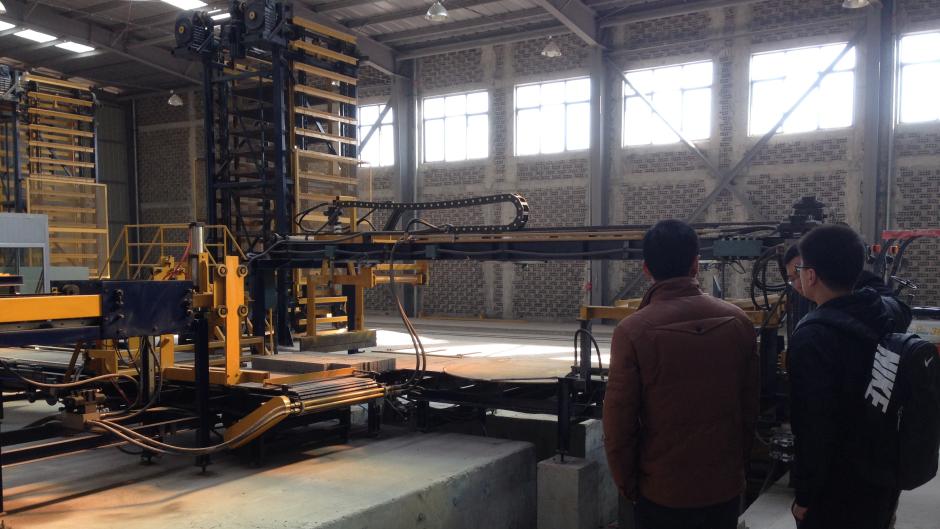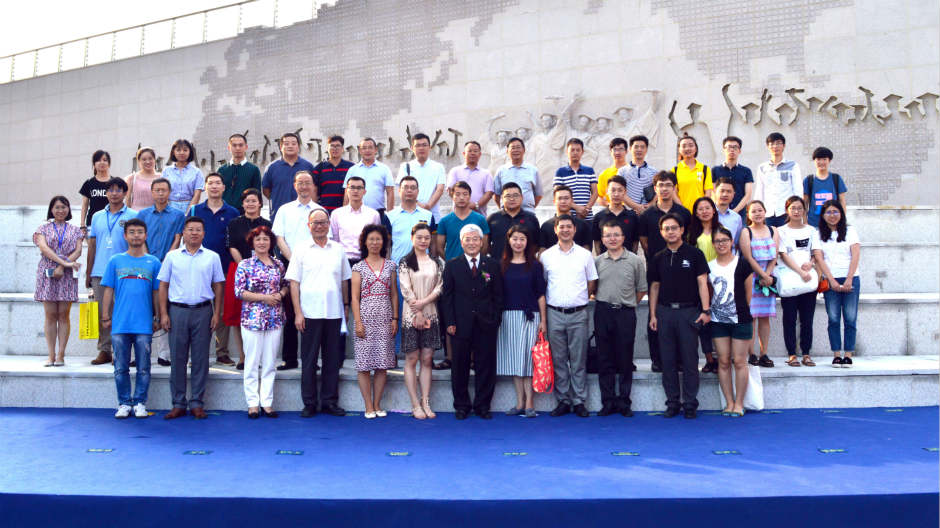08 Sep 2016
A RMB 600,000 project between Xi’an Jiaotong-Liverpool University and a Suzhou construction company to develop sustainable permeable pavement blocks, which could help combat urban flooding, will begin in September.
The project will see the Institute of Sustainable Materials and Environment at XJTLU and Suzhou Construction Material Recycling Application Co. Ltd work together to produce pavement blocks made from recycled aggregate, a waste material from the construction industry.

A dedicated project team from XJTLU will work with the company to develop the pavement blocks to be permeable so that they can be used to support the construction of ‘sponge cities’.
Sponge cities are models of urban development where almost all rainwater is captured, controlled and reused using an ecological approach. Approaches include permeable roads that enable storm water to soak into the ground and rooftop gardens that can catch rainwater that can be reused.

The concept is intended to reduce the devastating impact of flooding on the world’s cities and the Chinese national government has pledged millions of RMB to developing sponge cities projects across the country.
The XJTLU project plans to produce, within three years, 20,000 cubic meters of high-quality permeable concrete blocks, as well as achieve additional sales of RMB 800,000. There are also plans to use the blocks in a one-kilometre-long road as an exploratory project.
“This project will directly contribute to the development of sponge cities in China,” explains Dr CS Chin, head of the Department of Civil Engineering and director of the Institute of Sustainable Materials and Environment.
“By developing permeable pavement blocks using recycled aggregate we not only lessen the environmental impact of making pavement blocks in the first place, but also develop pavement blocks that can absorb rainwater and contribute to a sponge city system.
“Finding solutions to the problems caused by flooding in urban areas, which have not been adequately built to withstand excess rainwater, is a key challenge for the sustainable development of our cities.”
The project is based on a cooperation agreement signed between the two parties in June this year. RMB 200,000 of the project’s funding will come from the Suzhou Municipal Science and Technology Bureau’s industrial technology innovation funding.

Suzhou Construction Material Recycling Application Company was established in August 2013 as a joint venture between Jiangsu Wuzhong Group Ltd. and Xuchang Jinke Resource Recycling Co. Ltd.
The company is mainly engaged in the collection of construction waste, and the disposal and sale of renewable building materials in Suzhou. It has a capacity to handle one million tons of construction waste every year.

The Institute of Sustainable Materials and Environment is one of four research institutes within XJTLU that are supported by funding from Suzhou Industrial Park. It brings together experts from the Departments of Civil Engineering, Chemistry, Environmental Science and Industrial Design at XJTLU and is committed to promoting a green, low-carbon building industry and emphasising environmental protection and sustainable development through recycling.
08 Sep 2016
RELATED NEWS

Agreement on low carbon smart buildings signed
An agreement to establish a platform for innovation and entrepreneurship for low carbon smart buildings and eco-homes has been signed between Xi’an Jiaotong-...
Learn more








